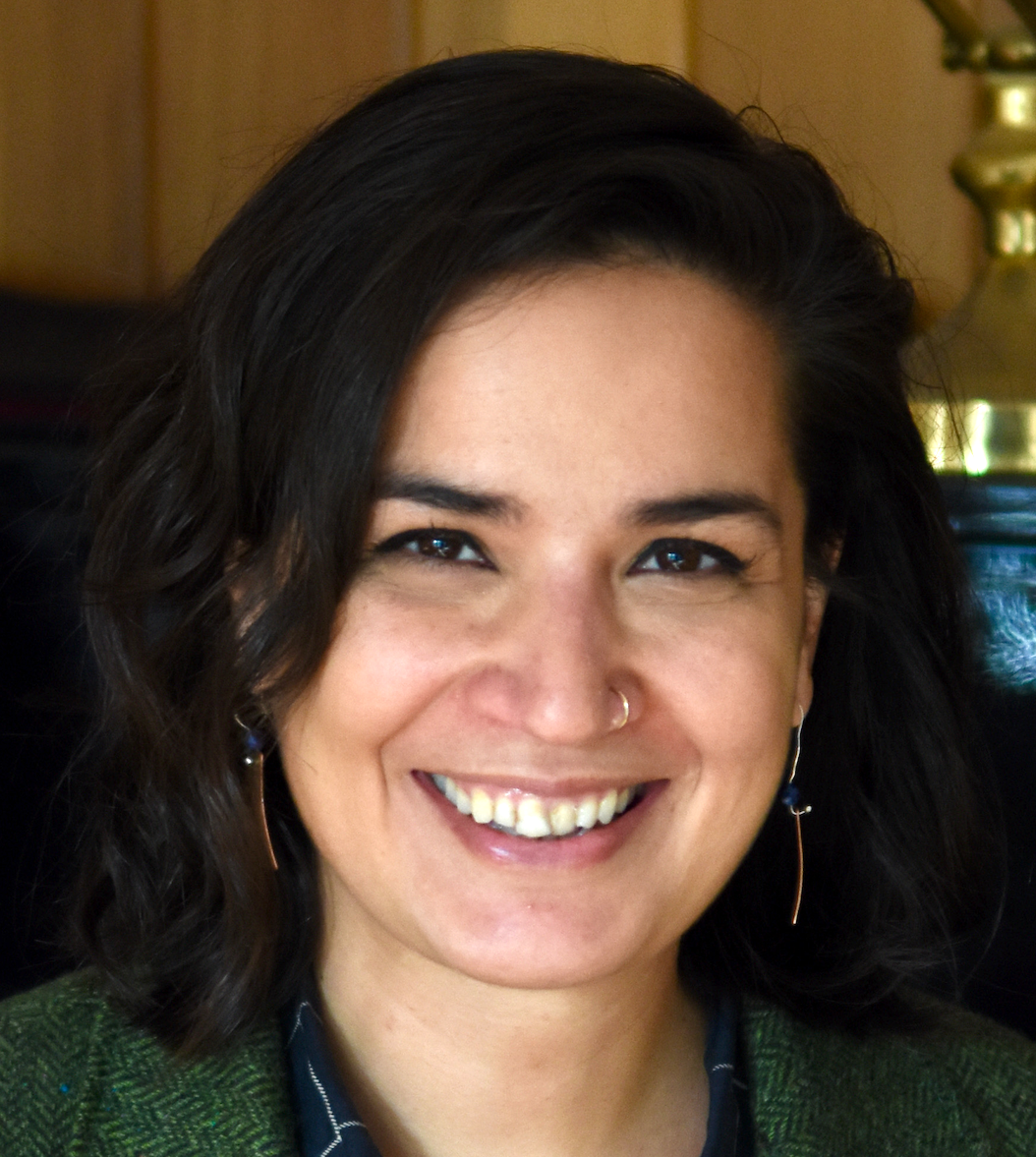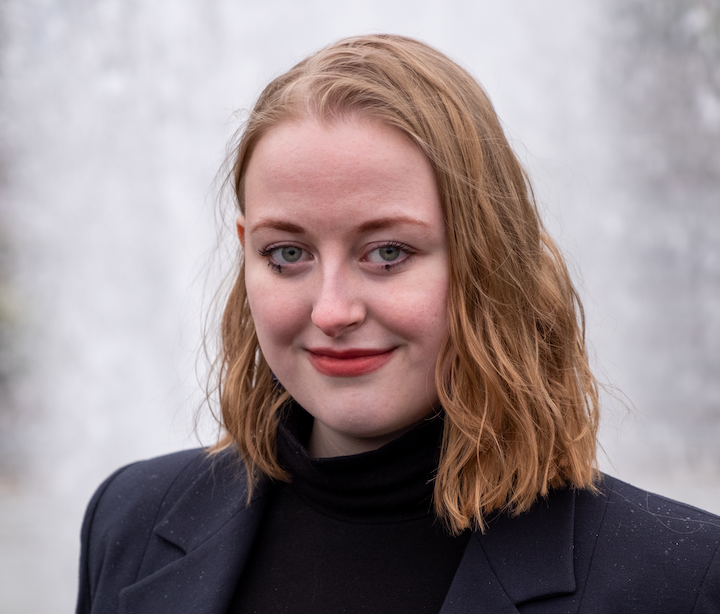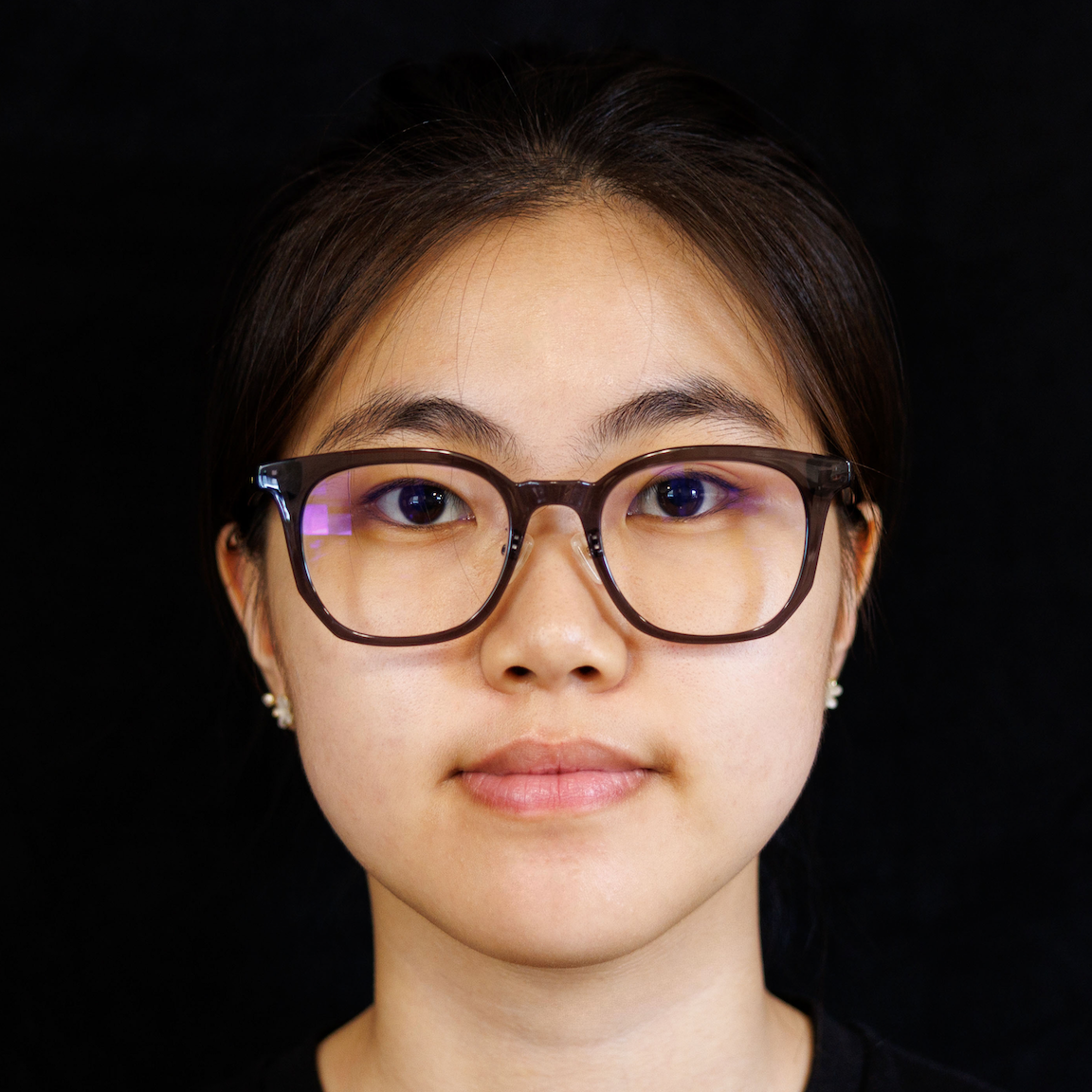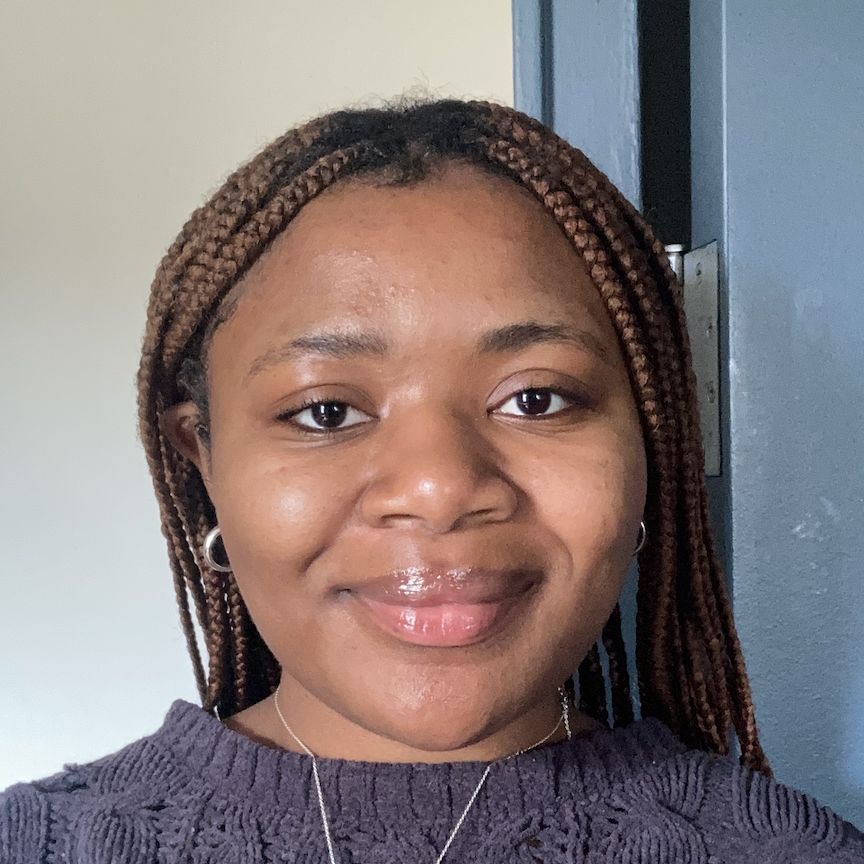Humanities Institute at Stony Brook Leadership
Michael Rubenstein Director
 Michael Rubenstein is Professor in English Department specializing in post-1945 Anglophone literature
and culture; Irish Modernism; James Joyce; Film; and the Environmental Humanities.
His most recent book is Pipeline Noir: Seeing Oil through Chinatown (University of Minnesota Press, 2025). His other books include Modernism and Its Environments (London Bloomsbury, 2020), co-authored with Justin Neuman and Public Works: Infrastructure, Irish Modernism, and the Postcolonial (Notre Dame: 2010), which received the Modernist Studies Association Prize for Best
Book of 2010 and the American Conference for Irish Studies Robert Rhodes Prize for
a Book on Literature. He is co-editor, with Sophia Beal and Bruce Robbins, of a special
issue of Modern Fiction Studies on "Infrastructuralism" (2015). His current project, Life Support: Fictions of Energy and Environment, examines the figure of the pipeline (aqueducts, transmission lines, and oil pipelines)
in a selection of postwar Anglophone film and fiction. He teaches classes in “British
Cinema,” “The New Hollywood,” “Irish Modernism,” “Empire and Global English,” and
“Energy Humanities.”
Michael Rubenstein is Professor in English Department specializing in post-1945 Anglophone literature
and culture; Irish Modernism; James Joyce; Film; and the Environmental Humanities.
His most recent book is Pipeline Noir: Seeing Oil through Chinatown (University of Minnesota Press, 2025). His other books include Modernism and Its Environments (London Bloomsbury, 2020), co-authored with Justin Neuman and Public Works: Infrastructure, Irish Modernism, and the Postcolonial (Notre Dame: 2010), which received the Modernist Studies Association Prize for Best
Book of 2010 and the American Conference for Irish Studies Robert Rhodes Prize for
a Book on Literature. He is co-editor, with Sophia Beal and Bruce Robbins, of a special
issue of Modern Fiction Studies on "Infrastructuralism" (2015). His current project, Life Support: Fictions of Energy and Environment, examines the figure of the pipeline (aqueducts, transmission lines, and oil pipelines)
in a selection of postwar Anglophone film and fiction. He teaches classes in “British
Cinema,” “The New Hollywood,” “Irish Modernism,” “Empire and Global English,” and
“Energy Humanities.”
Erika Supria Honisch Associate Director
 Erika Supria Honisch (PhD, University of Chicago) is Associate Professor of Critical Music Studies in
the Music Department and Affiliate Faculty in the History Department. Specializing
in co-existence and conflict in the early modern world, she uses music and sound to
provide new answers to longstanding historical and historiographical questions. Her
articles appear in Journal of Musicology, Common Knowledge, Music & Letters, and Austrian History Yearbook, among others, and she sits on the editorial boards of the Yale Journal of Music and Religion and the Journal of the American Musicological Society. A champion of inclusivity in the academy, her work is informed by her South Asian
and German roots. In 2022, she received the Stony Brook CAS Godfrey Award for Excellence
in Teaching.
Erika Supria Honisch (PhD, University of Chicago) is Associate Professor of Critical Music Studies in
the Music Department and Affiliate Faculty in the History Department. Specializing
in co-existence and conflict in the early modern world, she uses music and sound to
provide new answers to longstanding historical and historiographical questions. Her
articles appear in Journal of Musicology, Common Knowledge, Music & Letters, and Austrian History Yearbook, among others, and she sits on the editorial boards of the Yale Journal of Music and Religion and the Journal of the American Musicological Society. A champion of inclusivity in the academy, her work is informed by her South Asian
and German roots. In 2022, she received the Stony Brook CAS Godfrey Award for Excellence
in Teaching.
Adrienne Unger Program Coordinator
 Adrienne Unger received her BA in English/Creative Writing and Literature from Long Island University-Southampton
Campus, and her MFA in Creative Writing from George Mason University. Previously,
she was the Administrative Coordinator at the Creative Writing and Literature program
at Stony Brook Southampton. Her work for other organizations includes stints at the
Association of Writers and Writing Programs, the Alvin Ailey Dance Theatre Foundation
of Maryland, the Johns Hopkins Children's Center, the Kennedy-Krieger Institute and
the Baltimore Museum of Art. She was a Washington, DC staff reporter for Crain Communications
Inc.’s Business Insurance Magazine and was a freelance writer for various publications including Jubilee, Black Engineers and NSBE Magazine. Adrienne’s poetry, essays and reviews have been published in several literary journals
including The Southampton Review, Chautauqua, Mystery Tribune, Harvard Review Online, FLARE: The Flagler Review, Oberon, Alehouse, Linden Avenue Journal, Fifth Wednesday Journal, Passager, The Scene and Heard and Door Is A Jar Literary Magazine.Graduate Staff
Adrienne Unger received her BA in English/Creative Writing and Literature from Long Island University-Southampton
Campus, and her MFA in Creative Writing from George Mason University. Previously,
she was the Administrative Coordinator at the Creative Writing and Literature program
at Stony Brook Southampton. Her work for other organizations includes stints at the
Association of Writers and Writing Programs, the Alvin Ailey Dance Theatre Foundation
of Maryland, the Johns Hopkins Children's Center, the Kennedy-Krieger Institute and
the Baltimore Museum of Art. She was a Washington, DC staff reporter for Crain Communications
Inc.’s Business Insurance Magazine and was a freelance writer for various publications including Jubilee, Black Engineers and NSBE Magazine. Adrienne’s poetry, essays and reviews have been published in several literary journals
including The Southampton Review, Chautauqua, Mystery Tribune, Harvard Review Online, FLARE: The Flagler Review, Oberon, Alehouse, Linden Avenue Journal, Fifth Wednesday Journal, Passager, The Scene and Heard and Door Is A Jar Literary Magazine.Graduate Staff
Hannah Waterman Graduate Assistant
 Hannah Waterman is a Ph.D candidate in Critical Music Studies at Stony Brook University. Her dissertation,
“Imaginary Sound Worlds in Early Modern Scientific Thought,” examines how sonic imagination
shaped scientific inquiry in the seventeenth century, tracing intersections between
music, natural philosophy, and emerging theories of perception. Her research draws
on archival sources, the history of science, and historical sound studies to illuminate
the role of auditory speculation in early modern epistemologies. Outside of her academic
work, she is an active performer on the Baroque cello.
Hannah Waterman is a Ph.D candidate in Critical Music Studies at Stony Brook University. Her dissertation,
“Imaginary Sound Worlds in Early Modern Scientific Thought,” examines how sonic imagination
shaped scientific inquiry in the seventeenth century, tracing intersections between
music, natural philosophy, and emerging theories of perception. Her research draws
on archival sources, the history of science, and historical sound studies to illuminate
the role of auditory speculation in early modern epistemologies. Outside of her academic
work, she is an active performer on the Baroque cello.
Jesus-Jimenez-Valdes IDEA Grad
 Jesus Jimenez Valdes is a Ph.D. candidate in Hispanic Languages and Literature at Stony Brook University,
specializing in eighteenth-century Spanish-American travel writing. In his dissertation,
he is examining the tensions between scientific observation and imperial politics
in Enlightenment scientific expeditions. He has presented his research at conferences
including LASA, NeMLa, and IILI. His research has been supported by competitive fellowships
including the IDEA Grad fellowship, which enabled his collaboration with the Humanities
Institute at Stony Brook, the Guiliano Fellowship for international archival research,
and LACS research grants. He co-edited a special issue on printed news in the Hispanic
Monarchy (2021) and organized a three-part lecture series featuring leading scholars
Jorge Cañizares-Esguerra and Mariselle Meléndez in 2023.
Jesus Jimenez Valdes is a Ph.D. candidate in Hispanic Languages and Literature at Stony Brook University,
specializing in eighteenth-century Spanish-American travel writing. In his dissertation,
he is examining the tensions between scientific observation and imperial politics
in Enlightenment scientific expeditions. He has presented his research at conferences
including LASA, NeMLa, and IILI. His research has been supported by competitive fellowships
including the IDEA Grad fellowship, which enabled his collaboration with the Humanities
Institute at Stony Brook, the Guiliano Fellowship for international archival research,
and LACS research grants. He co-edited a special issue on printed news in the Hispanic
Monarchy (2021) and organized a three-part lecture series featuring leading scholars
Jorge Cañizares-Esguerra and Mariselle Meléndez in 2023.
Undergraduate Interns
Henna Jeong Marketing Intern Fall 2025
 Henna Jeong is a sophomore majoring in Sociology and Economics. She is fascinated by how people,
cultures, and institutions continuously shape one another, and how communication and
creative expression illuminate those relationships. She says her experience with the
Humanities Institute has expanded her perspective on how humanistic inquiry fosters
deeper understanding across disciplines. Engaging in dialogue with scholars, artists,
and fellow interns has strengthened her ability to think critically and reflect on
the ways shared narratives shape our collective understanding of the human experience.
Henna Jeong is a sophomore majoring in Sociology and Economics. She is fascinated by how people,
cultures, and institutions continuously shape one another, and how communication and
creative expression illuminate those relationships. She says her experience with the
Humanities Institute has expanded her perspective on how humanistic inquiry fosters
deeper understanding across disciplines. Engaging in dialogue with scholars, artists,
and fellow interns has strengthened her ability to think critically and reflect on
the ways shared narratives shape our collective understanding of the human experience.
Maura Luby Marketing Intern Fall 2025
 Maura Luby is in the last semester of her undergraduate studies and is majoring in English with
a minor in Creative Writing. She’s says she has been grateful to work with the Humanities
Institute now for two semesters, while specializing in content creation and editing
on the HISB Instagram page. Outside of her work in the Institute, Maura works as a
project student assistant with Stony Brook’s Enrollment Management, a registration
coordinator for SBU’s ACE program, and is a tutor at the Department of Writing and
Rhetoric’s Writing Center. She is currently working on her first full novel draft
and is looking forward to beginning her MBA studies next semester where she can bring
the digital marketing and content strategy skills she’s learned here at the Institute
into her future endeavors.
Maura Luby is in the last semester of her undergraduate studies and is majoring in English with
a minor in Creative Writing. She’s says she has been grateful to work with the Humanities
Institute now for two semesters, while specializing in content creation and editing
on the HISB Instagram page. Outside of her work in the Institute, Maura works as a
project student assistant with Stony Brook’s Enrollment Management, a registration
coordinator for SBU’s ACE program, and is a tutor at the Department of Writing and
Rhetoric’s Writing Center. She is currently working on her first full novel draft
and is looking forward to beginning her MBA studies next semester where she can bring
the digital marketing and content strategy skills she’s learned here at the Institute
into her future endeavors.
Rohma Masood Marketing Intern Fall 2025
 Rohma Masood is a sophomore at Stony Brook University majoring in Globalization and International
Affairs with minors in Political Science and Religious Studies. She’s says she is
deeply passionate about global justice, humanitarian work, and exploring how international
relations shape people’s lives. Her long-term goal is to become a diplomat or immigration
lawyer, where she can help address global issues such as the refugee crisis and advocate
for displaced communities. Through her internship with the Humanities Institute at
Stony Brook, she has enjoyed being part of a team that promotes dialogue, cultural
understanding, and social awareness. Working with the Institute has allowed her to
connect my academic interests to real-world issues and contribute to events that inspire
empathy and reflection. She hopes to continue using her education and experiences
to amplify marginalized voices and make a positive impact across borders.
Rohma Masood is a sophomore at Stony Brook University majoring in Globalization and International
Affairs with minors in Political Science and Religious Studies. She’s says she is
deeply passionate about global justice, humanitarian work, and exploring how international
relations shape people’s lives. Her long-term goal is to become a diplomat or immigration
lawyer, where she can help address global issues such as the refugee crisis and advocate
for displaced communities. Through her internship with the Humanities Institute at
Stony Brook, she has enjoyed being part of a team that promotes dialogue, cultural
understanding, and social awareness. Working with the Institute has allowed her to
connect my academic interests to real-world issues and contribute to events that inspire
empathy and reflection. She hopes to continue using her education and experiences
to amplify marginalized voices and make a positive impact across borders.
Christina Wang Marketing Intern Fall 2025
 Christina Wang is currently a second-year student at Stony Brook University double majoring in economics
and political science with a concentration in American law, government, and public
policy. She is interested in law, public policy, and finance. Her current goal is
to work in the NYC government as a policy analyst, helping to shape policy that influences
others’ lives for the better. She says her time with the Humanities Institute has
broadened my appreciation for the humanities as a whole. She has enjoyed learning
about the different disciplines within the humanities umbrella and connecting my academic
learning with real-world events through my interviews with scholars, and is grateful
for the opportunity to join a community where she can contribute to conversations
and events surrounding the themes of cultural awareness, social responsibility, empathy,
and reflection.
Christina Wang is currently a second-year student at Stony Brook University double majoring in economics
and political science with a concentration in American law, government, and public
policy. She is interested in law, public policy, and finance. Her current goal is
to work in the NYC government as a policy analyst, helping to shape policy that influences
others’ lives for the better. She says her time with the Humanities Institute has
broadened my appreciation for the humanities as a whole. She has enjoyed learning
about the different disciplines within the humanities umbrella and connecting my academic
learning with real-world events through my interviews with scholars, and is grateful
for the opportunity to join a community where she can contribute to conversations
and events surrounding the themes of cultural awareness, social responsibility, empathy,
and reflection.
Caden Deshommes College of Arts and Sciences Ctrl+Alt+Create Intern 2025-2026
 Caden Deshommes is a fourth-year undergraduate double majoring in Creative Writing and English with
a minor in filmmaking. Both looking toward her post-graduate goals and reflecting
on her academic path here at Stony Brook, has solidified her belief in the enduring
impact of reading. Working as a College of Arts and Sciences CTRL + ALT + CREATE intern
alongside the Humanities Institute at Stony Brook on her “The Books That Made Us”
project has allowed her to further investigate the convergence of literature, narrative
writing and creative expression. Through this event and beyond, she hopes to show
others this intersection.
Caden Deshommes is a fourth-year undergraduate double majoring in Creative Writing and English with
a minor in filmmaking. Both looking toward her post-graduate goals and reflecting
on her academic path here at Stony Brook, has solidified her belief in the enduring
impact of reading. Working as a College of Arts and Sciences CTRL + ALT + CREATE intern
alongside the Humanities Institute at Stony Brook on her “The Books That Made Us”
project has allowed her to further investigate the convergence of literature, narrative
writing and creative expression. Through this event and beyond, she hopes to show
others this intersection.
